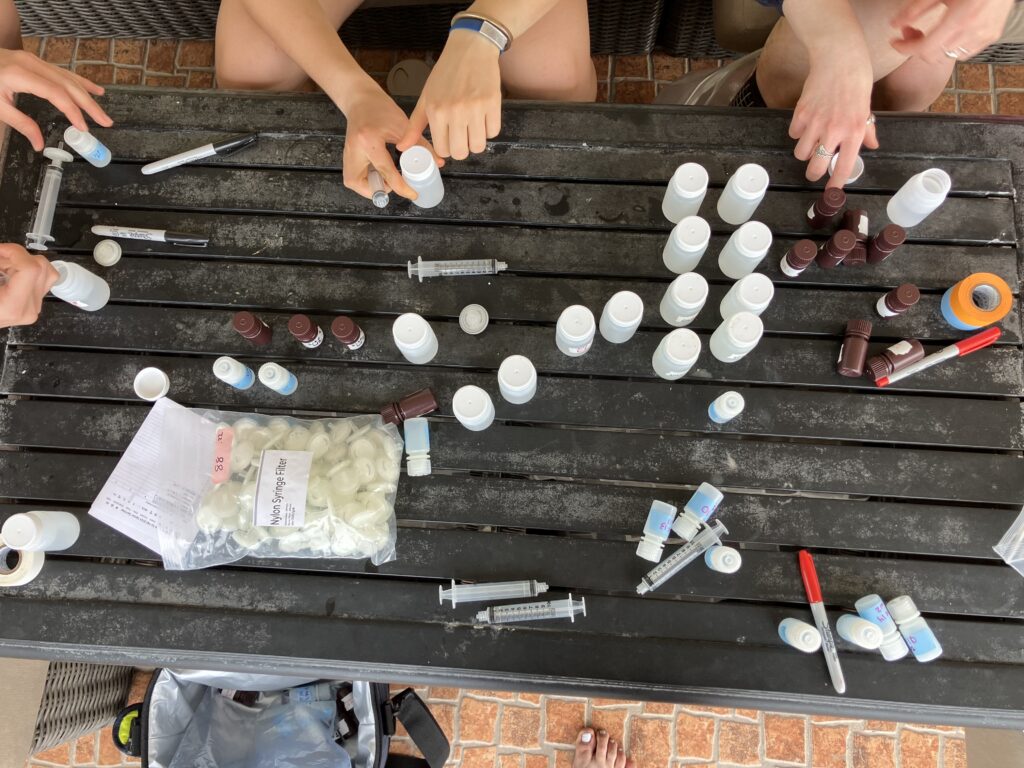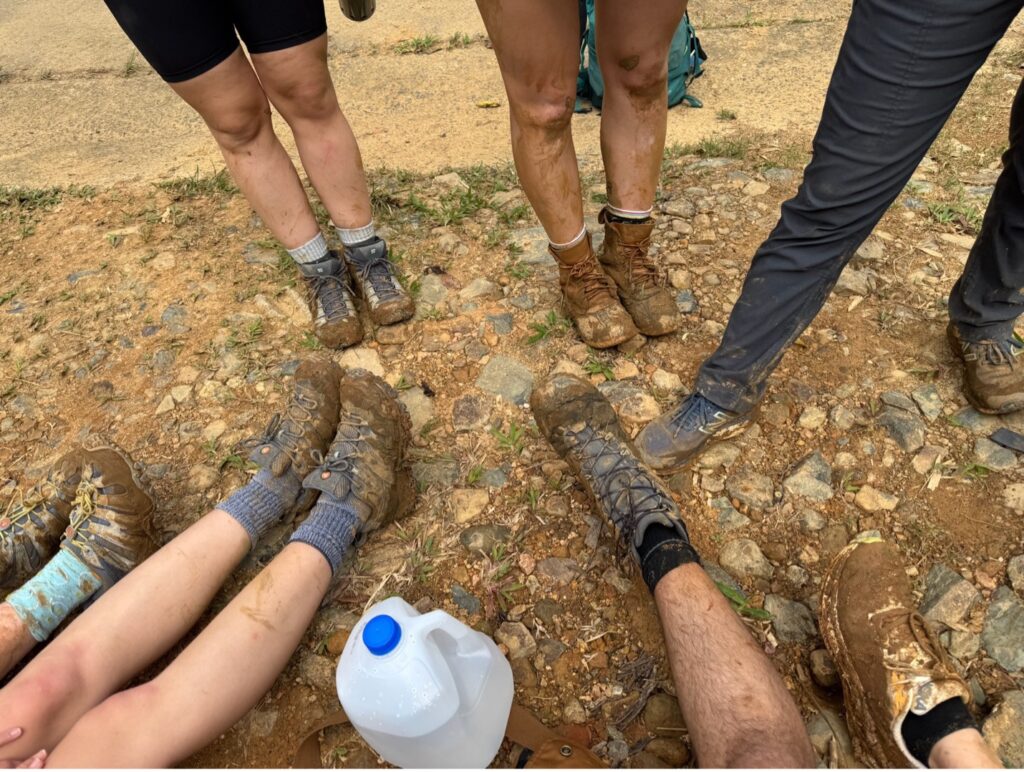April 18, 2025

This past semester, my Earth and Environmental Science class traveled to Puerto Rico to conduct field research for our Senior Seminar class. The trips purpose is to allow student to create and develop their own research project and plan, and how the opportunity to conduct it hands-on in the field. I was beyond excited to go but quickly, it became a moment of ethical reckoning. This is because none of the student attending were Puerto Rican and about two spoke Spanish fluently. Yet, we continued collecting samples and taking notes in a landscape we were unfamiliar with, and immersed in a project that, on the surface, appeared to be about environmental data collection but, in reality, touched on far deeper issues of power, privilege, and colonization.
Puerto Rico is a colonized territory. As American citizens, we are essentially implicit to U.S. political and economic control since it is a country that remains subject to the U.S. government. Although, we arrived with the institutional support of a university, who also carries its own legacies of exclusion. Our presence could never not be neutral. I found myself unsettled by the idea that we could collect data in this place without contributing meaningfully to the people who live there, or without fully understanding the cultural and political implications of our presence.
Being a white American especially, and conducting scientific research in a territory that has been shaped by colonial violence created an inner tension for me. I know I am placed in a position of privilege, even when my intentions are grounded in curiosity or academic growth. Puerto Ricans are regularly subjected to the pressures of tourism and the imposition of mainland American ideals so our class, no matter how well-meaning, was part of that dynamic. We studied their rivers and forests without truly knowing their histories, wisdom, or the people who have memories attached to them. I could measure nitrate levels or describe sediment composition, but none of that gave me access to what those places meant to the people who grew up beside them and how they have changed under American rule.
I also want to note that scientific knowledge is often presented as objective, but it has never existed outside of social and political contexts. Too often, science has been used to justify systems of inequality, to claim authority over spaces and people without thinking of the qualitative and humane details. This becomes especially evident in field research that is extractive, because when samples are taken, papers are written, and careers are advanced, the actual community studied may remain unsupported and overlooked by the supposed motivations of their research. This trip made me confront my own role in this system and there is something deeply troubling about the ignorance brought to the subjects and communities that are study. I know there is no way I could understand the full story of the Rìo Fajardo, because I have not lived with it, swum in it as a child, watched it change over decades, or felt the personal loss of its degradation. That kind of knowledge cannot be captured through a lab report.
However, moving forward, I am committed to rethinking what ethical research looks like, both in the U.S. and abroad. It must begin with humility and an understanding that being physically present in a space does not grant authority over it. Ethical research requires collaboration with local communities and transparency about intentions. It also demands a willingness to step back when participation would do more harm than good and, most importantly, it requires science to be a tool for mutual understanding and empowerment, and not a vehicle for further marginalization.
